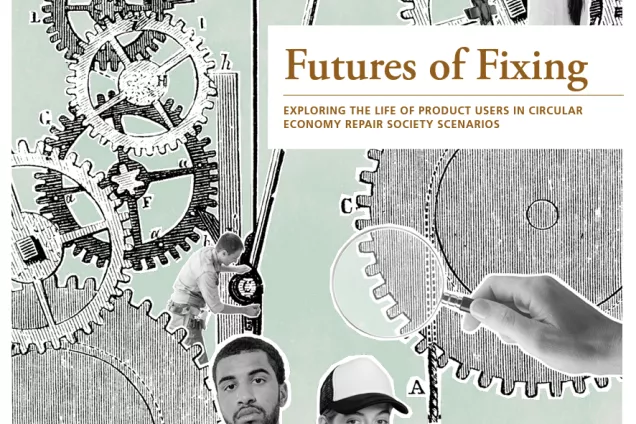International and national policy intervention
International and national policy intervention – for a transition to low-carbon and resource-efficient economies.
Research in the ‘International and National Policy Intervention’ theme analyses the drivers and implications of policy interventions aiming to foster the transition towards low-carbon and resource efficient economies. Policy interventions involve any course of action, programme or activity taken or mandated by national or international authorities and non-state actors. This includes, for instance, regulations, market-based incentives, information schemes and the provision of infrastructure. Policy interventions often address a variety of measures including technologies, processes, practices and behaviour.
This theme has the vision to effectively bridge the science-policy gap by advancing knowledge, methods and approaches to assess policy interventions. We systematically evaluate the theoretical or empirical effects (outcomes, processes and impacts) of policies. Based on the conviction that the transition towards efficient and decarbonised socio-technical systems requires changes in both technology and behaviour, our research also identifies barriers and potential improvements for more stringent policy interventions, analyses learning opportunities from policy failures, addresses multi-level governance interactions, and explores people’s motivation and cognitive biases to adopt a more sustainable behaviour. Stressing that there is no single-best research method to address the complexities and dynamics of policy interventions, our research builds upon a variety of qualitative and quantitative methods for analysis. Our studies are applied and interdisciplinary, incorporating economic, legal, social, technical and institutional elements. We aim to generate new knowledge about the institutional, market and social conditions that promote or hinder rapid progress towards resource efficient and resilient low-carbon economies.
We support policymaking processes by providing recommendations about the design, implementation and enabling environments of policies and measures. We have participated in various policy-relevant initiatives including, for instance, the Intergovernmental Panel on Climate Change, the Global Energy Assessment, the Green Growth Knowledge Platform, the European Environment Agency, and the International Energy Agency. We aim for the integration of policy evaluation already in the design of policies. We listen very carefully to governments, international organisations, local authorities, industry, funding organisations, interest groups and the scientific community in order to maximise the impact of our research. We are committed to the dissemination of research outcomes within these target groups and society at large.
- Research coordinator: Professor Luis Mundaca
- IIIEE researchers: Aleh Cherp, Carl Dalhammar, Thomas Lindhqvist, Jessika Luth Richter, Leonidas Milios, Lena Neij, Sofie Sandin, Naoko Tojo, Katharina Reindl, Samson Mukanjari
Current research projects:
Energy Justice 2.0: Justice in Sustainability Transitions
CREACE: Creating a repair society to advance the Circular Economy – policies, networks and people
Mistra REES - Phase 2
Past research projects:
Circular Models for Mixed and Multi material Recycling in Manufacturing-extended Loops
Mistra Future Fashion Phase II
Policy Instruments and Business Models for Closed Material Loops



